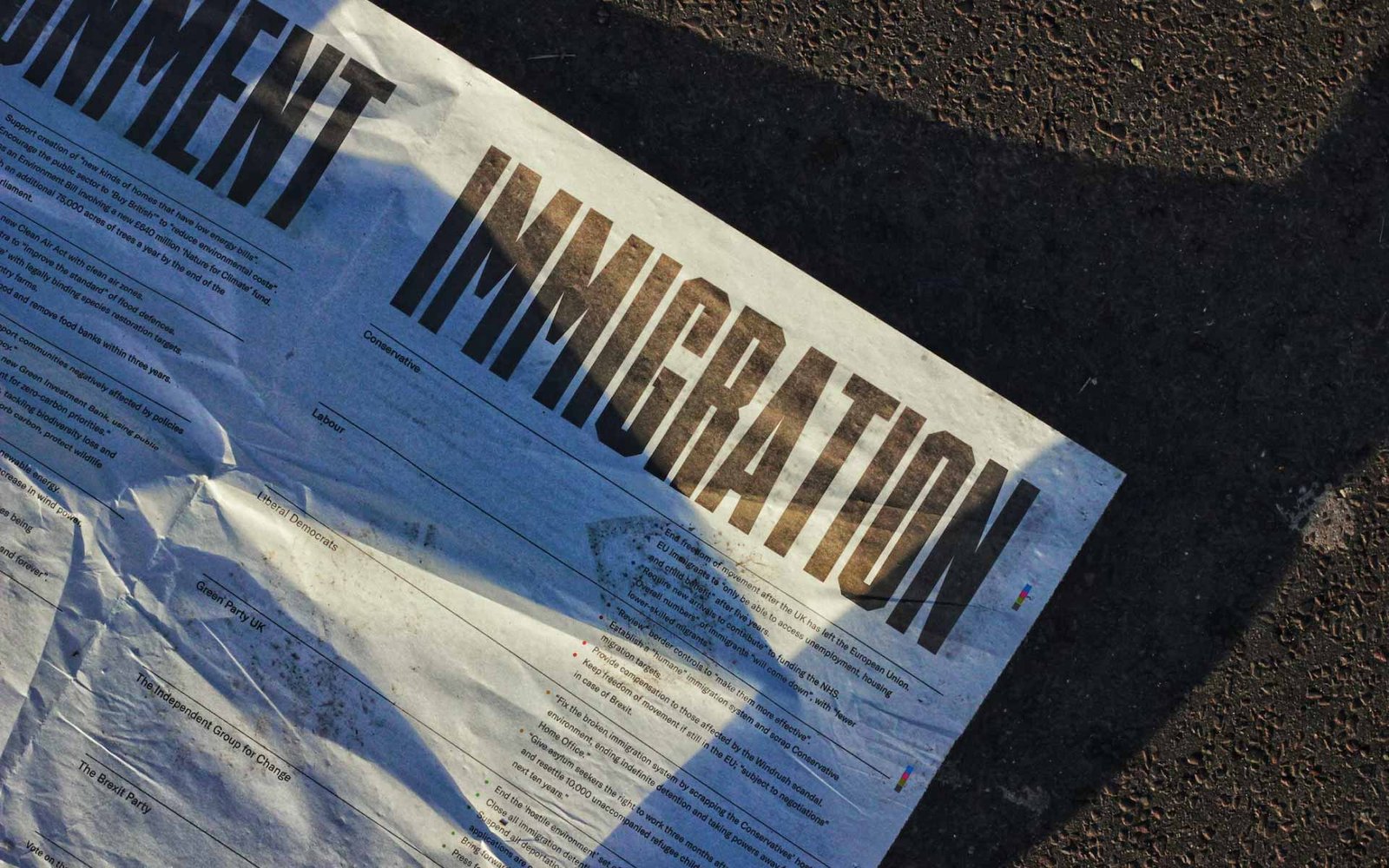Desperation Forces Haitian Government to Enlist Controversial U.S. Military Contractor in Bid to Regain Control from Armed Groups
In a bold and controversial move, the Haitian government has turned to Erik Prince, the founder of the now-defunct Blackwater and a figure long associated with private military operations, to confront the armed gangs that have plunged the nation into turmoil. Sources confirm that Prince has signed a secretive agreement with Haitian authorities aimed at launching drone-led lethal operations and deploying foreign mercenaries to help reclaim territory lost to gangs.
A Private War Begins
Erik Prince, a former Navy SEAL and staunch supporter of Donald Trump, has mobilized a team in Haiti to conduct drone attacks targeting gang members. According to U.S. and Haitian officials familiar with the matter, Prince has already shipped weapons into the country and plans to deploy up to 150 contractors, including Haitian American veterans, to support the effort this summer. Although drone strikes began in March, there have been no confirmed reports of major gang leaders being eliminated or captured.
Prince’s private forces are operating independently of the U.S. government. The State Department, which continues to train and equip Haiti’s police, has publicly distanced itself from any payments or formal ties to Prince’s operation.
Haiti’s Crisis and the Turn to Foreign Contractors
Haiti has spiraled into chaos since the 2021 assassination of President Jovenel Moïse. Armed factions now control vast parts of Port-au-Prince, with major institutions such as prisons, police stations, and hospitals targeted. Close to a million people have been displaced, with the United Nations warning that the capital could soon fall entirely under gang control.
With the national police under-resourced and overwhelmed, Haitian officials are seeking unconventional help. An international police effort backed by the Biden administration and staffed primarily by Kenyan officers stalled due to funding and recruitment shortfalls. In the absence of effective global support, Haiti has begun to outsource its security needs to private military firms like Prince’s.
Erik Prince’s Expanding Vision
Prince, who has a decades-long and often controversial history of mercenary work, is reportedly eyeing a broader role in Haiti beyond combat. According to individuals close to him, he envisions his team helping to rebuild essential services such as customs, revenue collection, and logistics—areas long crippled by systemic corruption.
This isn’t the first time Prince has inserted himself into a volatile foreign crisis. He previously sent contractors to Iraq and Afghanistan, trained forces for the UAE, and was accused of violating U.N. arms embargoes. His reputation in the private military world is divisive—seen by some as innovative and others as reckless.
Domestic Concerns and Global Scrutiny
Not everyone is comfortable with Prince’s involvement. Rod Joseph, a Haitian American Army veteran and trainer, was approached by Prince to recruit personnel. Joseph ultimately declined to participate unless Prince provided transparency on the mission’s objectives and allowed him oversight. “If he’s operating independently of the U.S. government, then there’s no accountability,” Joseph warned.
Furthermore, experts like Sean McFate, a defense analyst and former private contractor, caution that Prince’s projects often prioritize profit over stability. “His ventures tend to follow political currents,” said McFate, referencing Prince’s ties to Trump-era foreign policy and his tendency to seek opportunities in post-conflict or weak states.
Haiti’s Search for Any Hope
Haitian officials are making no apologies for their partnership with foreign actors. “We have to keep all options on the table,” said Finance Minister Alfred Métellus. “We welcome any skilled allies—Haitians or foreigners—willing to help us support our security forces and bring order.”
Still, critics argue that bringing in foreign guns-for-hire is no substitute for building a capable national police force. Joseph added, “Parachuting in firepower without training the locals only creates a cycle of dependence. You can’t build security that way.”
A Legacy of Risk
Haiti’s history with private security firms is fraught with controversy. In 1994, American contractors accompanied U.S. troops to reinstate President Aristide. But more recently, Colombian mercenaries hired through private channels were implicated in Moïse’s assassination, casting a long shadow over the role of outsiders in Haitian affairs.
Whether Prince’s involvement will stabilize the country or deepen its troubles remains uncertain. For now, the people of Haiti are caught between ruthless gangs and foreign contractors, hoping for peace in a war that no longer resembles a domestic fight.
Photo Credit: The Haitian Tribune – Based on Original Reporting by The New York Times
Contributors: Security experts, human rights advocates, and senior government officials (anonymous)
Adapted by The Haitian Tribune | Published: May 28, 2025













